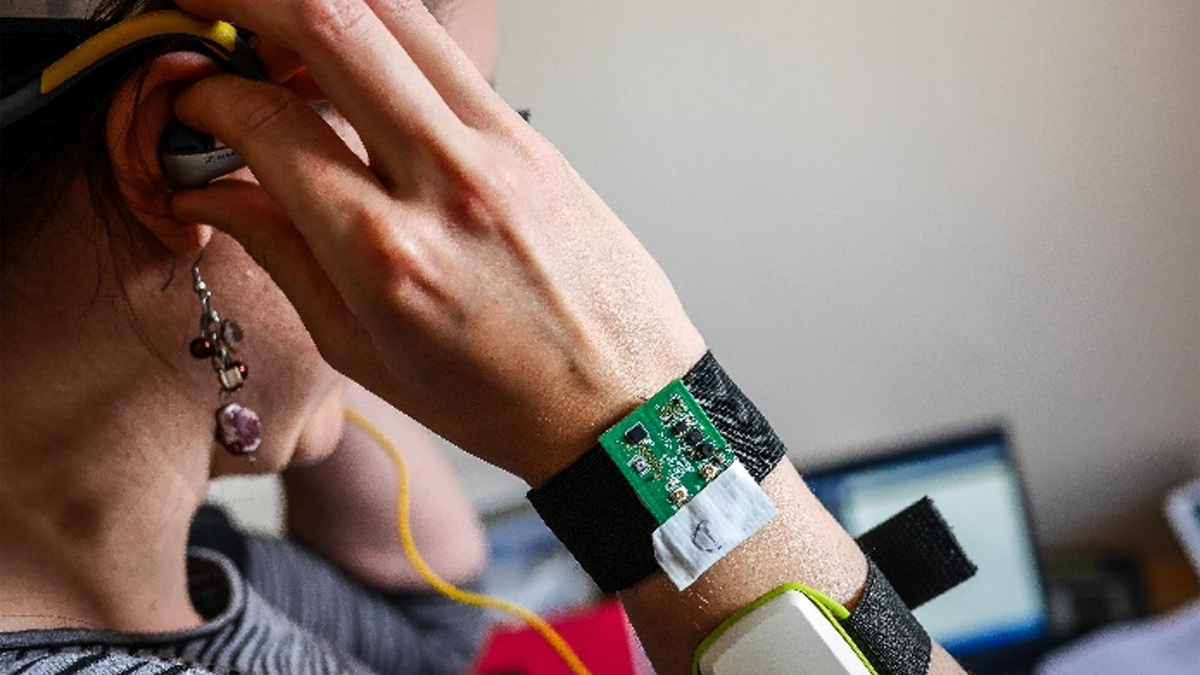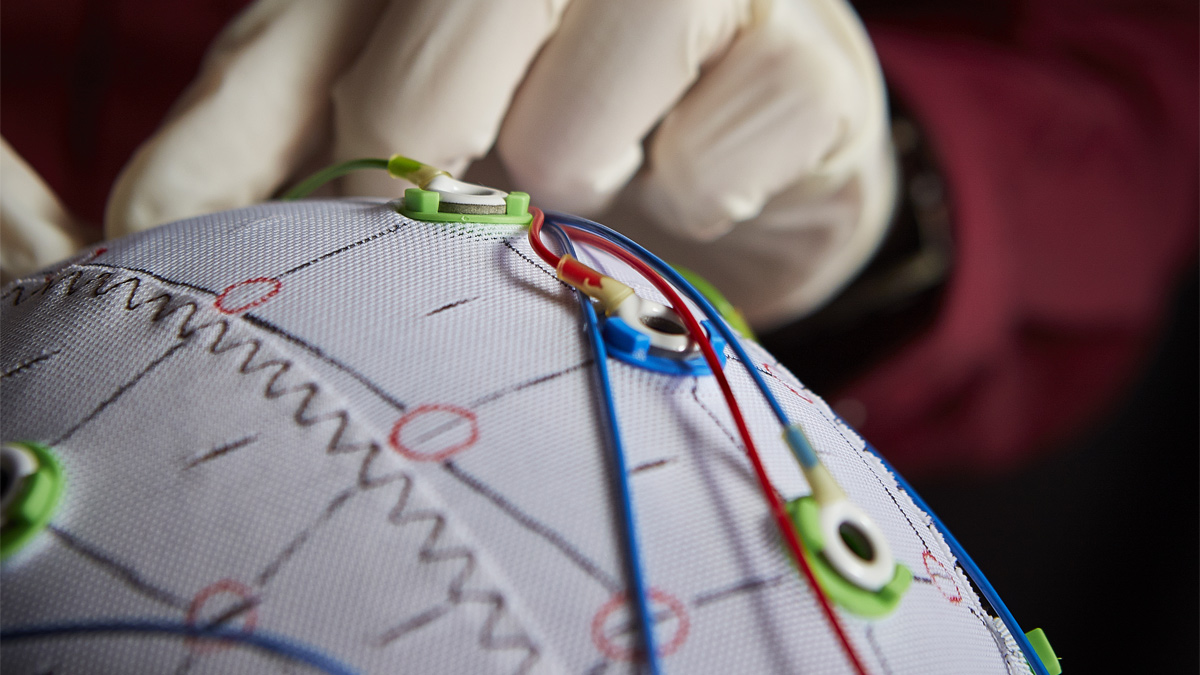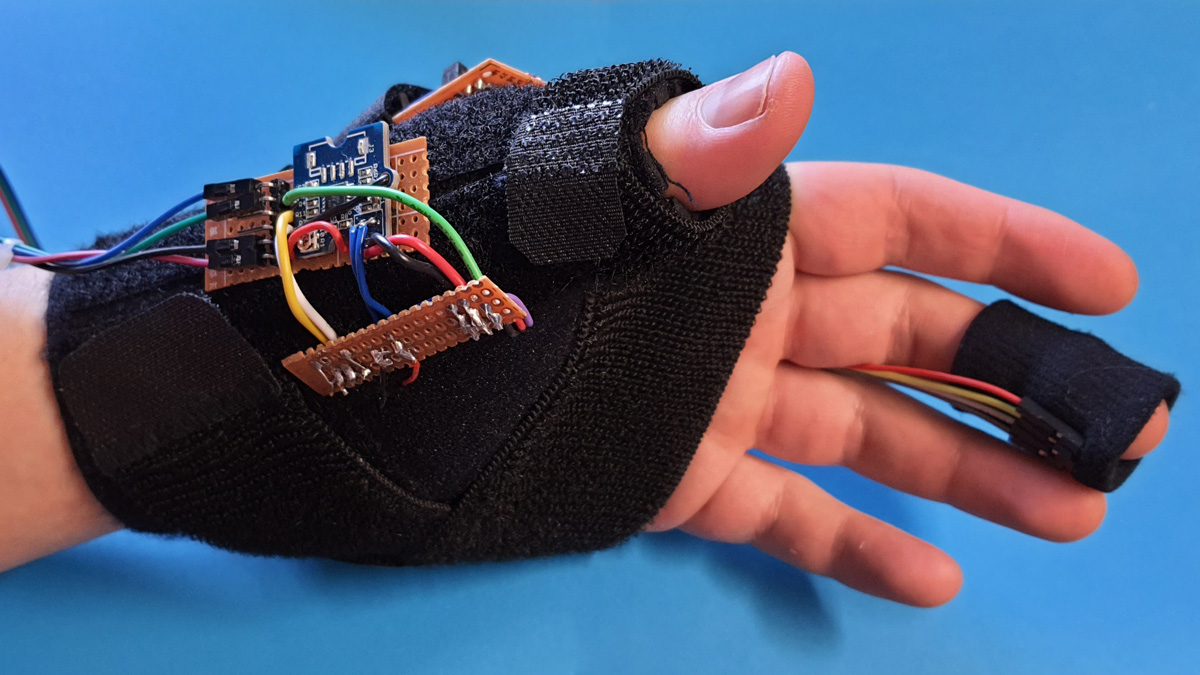Discovering new strategies to manage both the healthy and disease states is crucial for the wellbeing of mankind worldwide.
Our research is directed at improving and maintaining health through use of a range of approaches including bioinformatics, biomedical engineering, biophysics, cell biology, disease modelling, microbiology, molecular-genetics, physiology, structural biology and systems biology.




